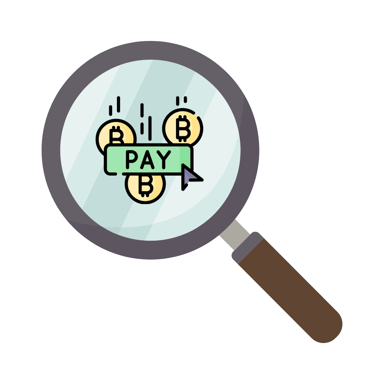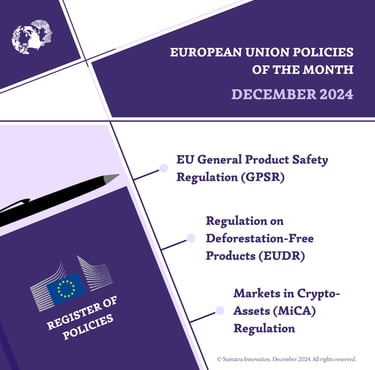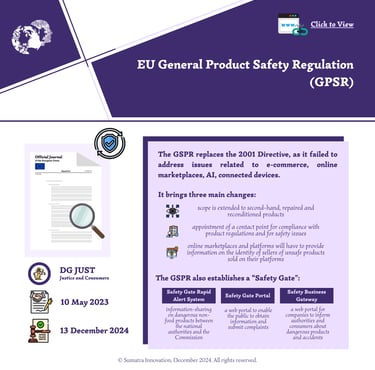Register of Policies / December 2024



1/ EU General Product Safety Regulation
The General Product Safety Regulation (GSPR) comes into force on December 13, 2024 and replaces the General Product Safety Directive (GPSD) from 2001. It brings a necessary update to close the gaps in the current legal framework, failing to address issues related to e-commerce, online marketplaces, AI, connected devices. Compared to the GPSD, the scope of the GSPR is extended to second-hand, repaired and reconditioned products. Manufacturers, importers and distributors are also made more accountable, as they must appoint a contact point for compliance with product regulations and for safety issues, which must be based in the EU. Another important step is that online marketplaces and platforms will be obliged to provide the authorities with information on the identity of sellers of unsafe products sold on their platforms. The GSPR also provides for a “Safety Gate” consisting of three elements. Firstly, the “Safety Gate Rapid Alert System” permits the exchange of information on dangerous non-food products between the national authorities and the Commission. Secondly, the “Safety Gate Portal”, a web portal, enables the public to obtain information and submit complaints. Thirdly, the “Safety Business Gateway”, another web portal, facilitates companies to fulfill their obligation to inform authorities and consumers about dangerous products and accidents.
EU law: Regulation (EU) 2023/988
2/ Regulation on Deforestation-Free Products
With the aim of limiting the impact of its market on global deforestation, forest degradation and biodiversity loss, the EU has been working on a Regulation on Deforestation-Free Products (EUDR), which promotes deforestation-free supply chains, protects human rights and the rights of indigenous peoples as well as reduces the EU's contribution to greenhouse gas emissions. Following its adoption in May 2023, this regulation came into force on December 30, 2024. Under the new legal framework, only products that have not caused deforestation or forest degradation, have been produced in accordance with the country's legislation and are covered by a due diligence declaration may be placed or made available on the EU market or exported from the EU market. Thus, companies will be required to carry out comprehensive due diligence in the value chain of the products (e.g. origin, environmental and social impacts, traceability systems), with the exact obligations depending on the Commission's benchmarking system based on the level of risk of deforestation and forest degradation.
EU law: Regulation (EU) 2023/1115
3/ Markets in Crypto-Assets Regulation
As part of the EU Digital Finance Strategy, the Commission developed a proposal for a Regulation on Markets in Crypto Assets (MiCAR) in September 2020. Following negotiations and amendments by the Parliament and the Council, it was adopted on May 31, 2023, making it the first piece of European legislation to regulate cryptocurrencies. Coming into force on December 30, 2024, it has four main objectives: to provide legal certainty, to promote the development of crypto-assets and the wider use of distributed ledger technology, to ensure the necessary level of consumer and investor protection and market integrity, and to safeguard financial stability. The MiCAR, which will apply to crypto-assets that are not currently regulated by existing financial services legislation such as the Markets in Financial Instruments Directive (MiFID II), the Electronic Money Directive (EMD2) or the Payment Services Directive (PSD2), divides crypto-assets into three groups. First, electronic or e-money tokens (EMTs), which are crypto assets backed by a single official (fiat) currency. Second, asset-referenced tokens (ARTs), which are crypto assets that stabilize their value through one or more official currencies. Both are subject to varying degrees of regulatory requirements, such as admission requirements, redemption rights, stabilization mechanisms or reserve asset requirements. Thirdly, all other crypto-asset tokens that do not fall under the first two groups and for which other requirements and some exemptions also apply. Both issuers of crypto-assets and stablecoins and providers of services related to crypto-assets (CASPs) in the EU must comply with the requirements of the Regulation, either with regard to anti-money laundering (AML) and countering the financing of terrorism (CTF) measures or disclosure obligations and consumer protection standards. These include crypto trading platforms (e.g. Uniswap, eToro), exchanges for crypto-to-crypto transactions or crypto-to-fiat transactions (e.g. Binance, Kraken), crypto investment advisory firms (e.g. Grayscale Investments, CoinShares), crypto portfolio managers (e.g. Galaxy Digital, Bitwise Asset Management), custodial wallets (e.g. Coinbase Wallet, BitGo) and EMT or ART issuers (e.g. Tether, USD Coin by Circle).
EU law: Regulation (EU) 2023/1114







